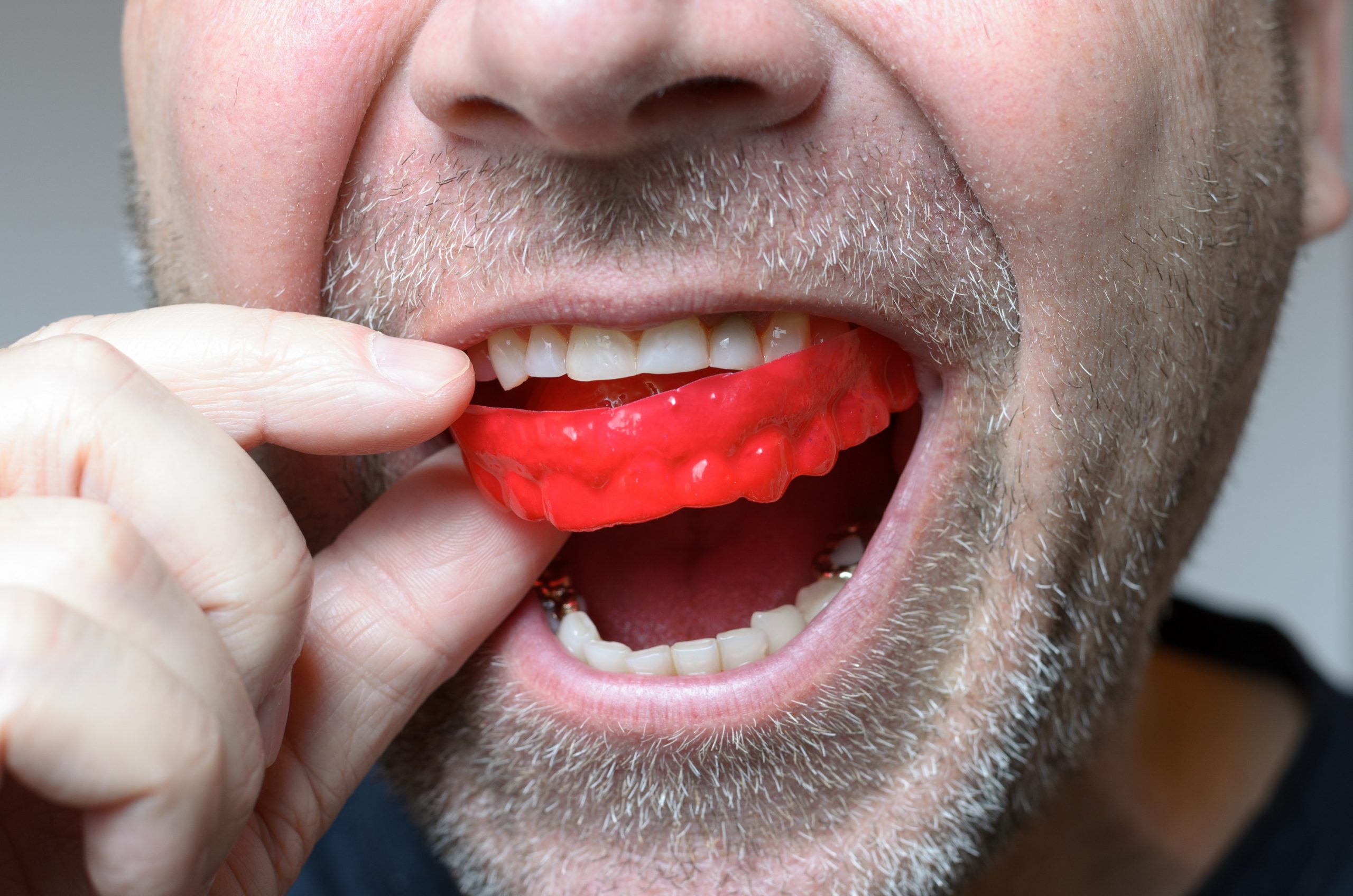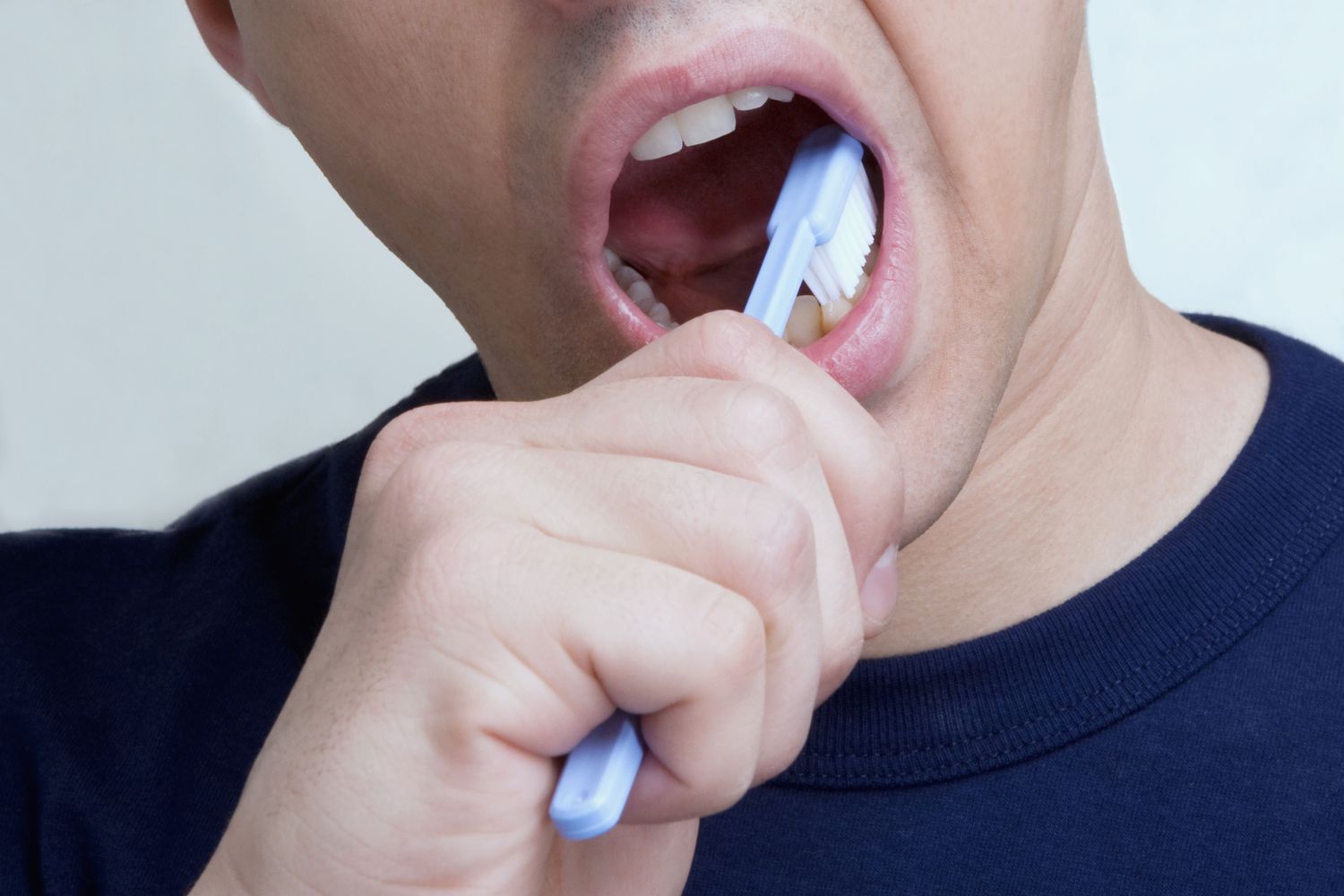Addressing Dental Anxiety: Strategies for a Fear-Free Visit
Dental anxiety is a common issue that many individuals face when it comes to visiting the dentist. This fear can stem from various sources, including past negative experiences, fear of pain, or general anxiety about medical procedures. However, avoiding dental visits can lead to more significant oral health issues down the line. Fortunately, there are several strategies that can help individuals overcome their fear and have a more positive experience at the dentist’s office.
Understanding the Root of Dental Anxiety
Before diving into strategies for addressing dental anxiety, it’s essential to understand where this fear comes from. For many people, dental anxiety is rooted in past experiences, such as a painful procedure or feeling a lack of control while in the dentist’s chair. Others may have anxiety related to specific dental instruments or the sounds associated with dental work. Additionally, individuals with generalized anxiety disorders may find that their fear extends to dental visits as well.
Creating a Comforting Environment
One effective strategy for addressing dental anxiety is creating a comforting and calming environment within the dental office. This can include soft lighting, soothing music, and comfortable seating in the waiting area. Some dental offices even offer amenities such as blankets or headphones to help patients feel more at ease during their visit. By creating a relaxing atmosphere, dental professionals can help patients feel more comfortable and less anxious about their appointment.
Open Communication with the Dentist
Open communication between the patient and the dentist is crucial for addressing dental anxiety. Patients should feel comfortable expressing their fears and concerns to their dentist, who can then take steps to accommodate them. This may involve explaining procedures in detail, discussing pain management options, or allowing the patient to take breaks during treatment if needed. When patients feel heard and understood, they are more likely to feel at ease during their dental visit.
Utilizing Sedation Dentistry
For individuals with severe dental anxiety, sedation dentistry can be a valuable tool for helping them relax during dental procedures. Sedation dentistry involves the use of medication to induce a state of relaxation or sleepiness, allowing patients to undergo treatment without experiencing anxiety or discomfort. There are various levels of sedation available, ranging from mild sedation, where patients remain awake but relaxed, to deep sedation, where they may not remember the procedure at all. Dentists can work with patients to determine the most appropriate level of sedation based on their individual needs and preferences.
Practicing Relaxation Techniques for Dental Anxiety
In addition to professional interventions, individuals can also practice relaxation techniques to help reduce dental anxiety. Deep breathing exercises, meditation, and visualization techniques can all be effective ways to calm the mind and body before and during a dental appointment. Some dental offices even offer relaxation classes or mindfulness training to help patients learn these techniques and incorporate them into their dental care routine. By practicing relaxation techniques regularly, individuals can gradually reduce their anxiety and feel more comfortable during dental visits.
Encouraging Regular Dental Visits
Another crucial aspect of addressing dental anxiety is encouraging regular dental visits. Many individuals avoid the dentist due to fear, but skipping routine check-ups and cleanings can lead to more significant oral health problems in the long run. Dentists can help alleviate anxiety by scheduling shorter, more frequent appointments for individuals who struggle with dental anxiety. By breaking up treatment into smaller, manageable sessions, patients may find it easier to cope with their fear and maintain their oral health.
Anxiety: Seeking Support from Dental Professionals
Dental professionals are well-equipped to help individuals overcome their dental anxiety. In addition to dentists, many dental offices have staff members trained in assisting patients with it. These professionals can provide emotional support, distraction techniques, and reassurance throughout the dental visit. Additionally, some dental practices offer specialized services for individuals with dental anxiety, such as therapy dogs or virtual reality distraction tools. Seeking support from dental professionals can make a significant difference in how individuals experience dental care.
Addressing dental anxiety is essential for maintaining good oral health and overall well-being. By understanding the root causes and implementing strategies such as creating a comforting environment, open communication with the dentist, utilizing sedation dentistry, and practicing relaxation techniques, individuals can overcome their fear and have a fear-free dental visit. Remember, it’s never too late to address it and prioritize oral health. With the right support and strategies in place, everyone can achieve a healthy and beautiful smile.



